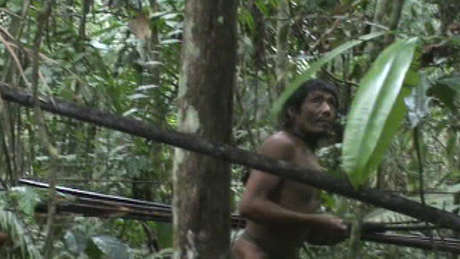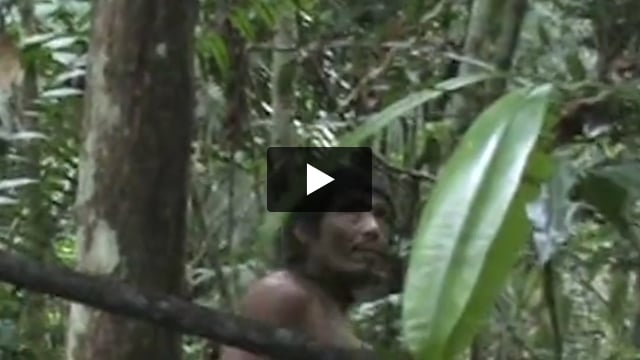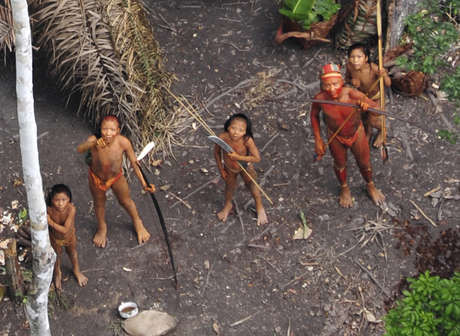25 years on: Uncontacted tribe left to the mercy of armed loggers and violent gangs
April 16, 2024
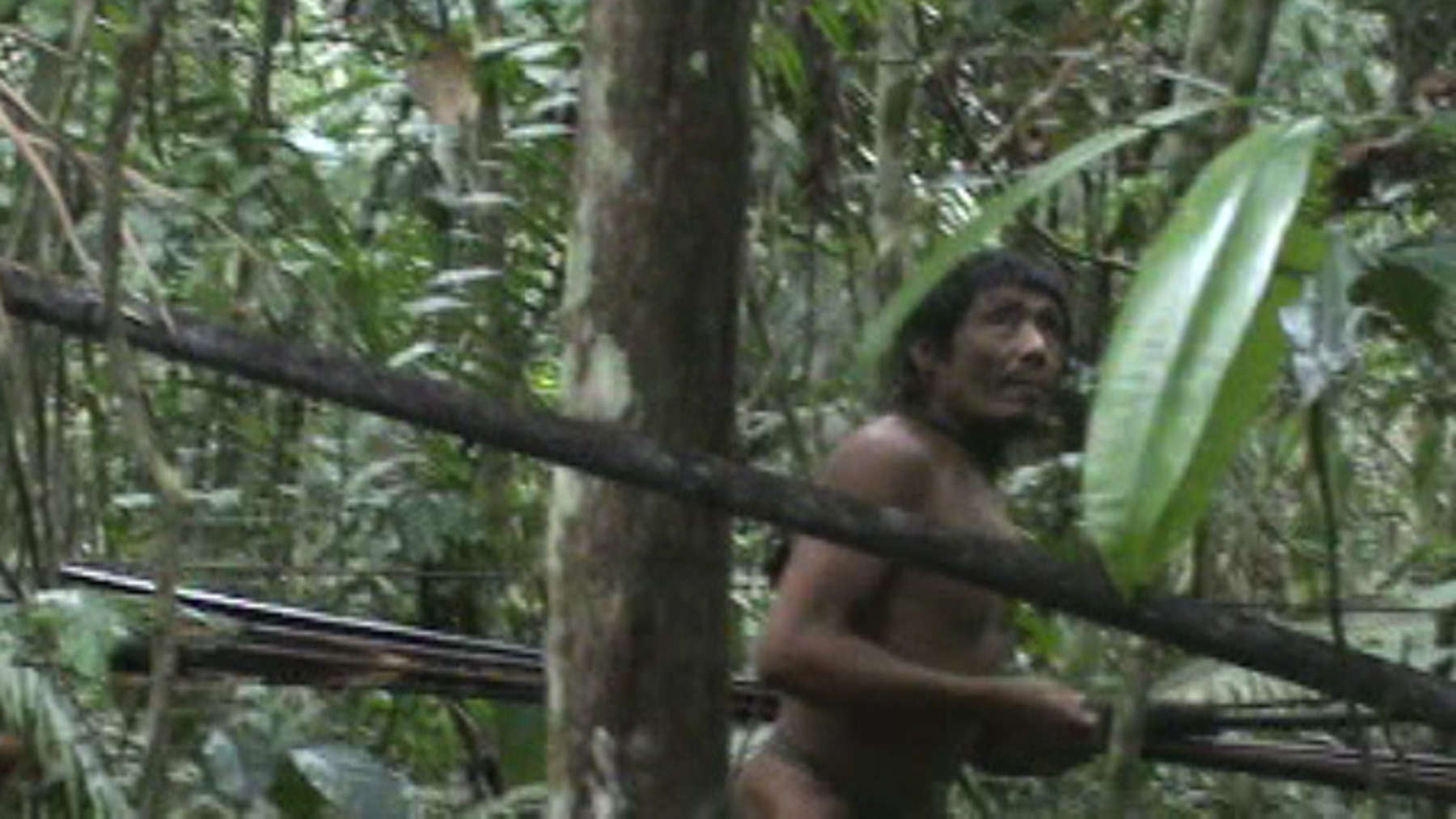
Their existence was officially confirmed 25 years ago, but their land is still unprotected
Indigenous rights campaigners have criticized Brazil’s authorities for leaving surviving members of an uncontacted tribe open to attack, in one of the most violent areas of the country.
The existence of the Kawahiva (who have no interaction with outsiders) was officially confirmed 25 years ago; thirteen years ago they were caught on camera in a chance encounter; and eight years ago this week Brazil’s Justice Minister signed into law a decree declaring the area an Indigenous territory.
But the legal protection of their territory is still incomplete, as authorities drag out the procedure in the face of opposition from powerful logging and cattle ranching businesses based nearby.
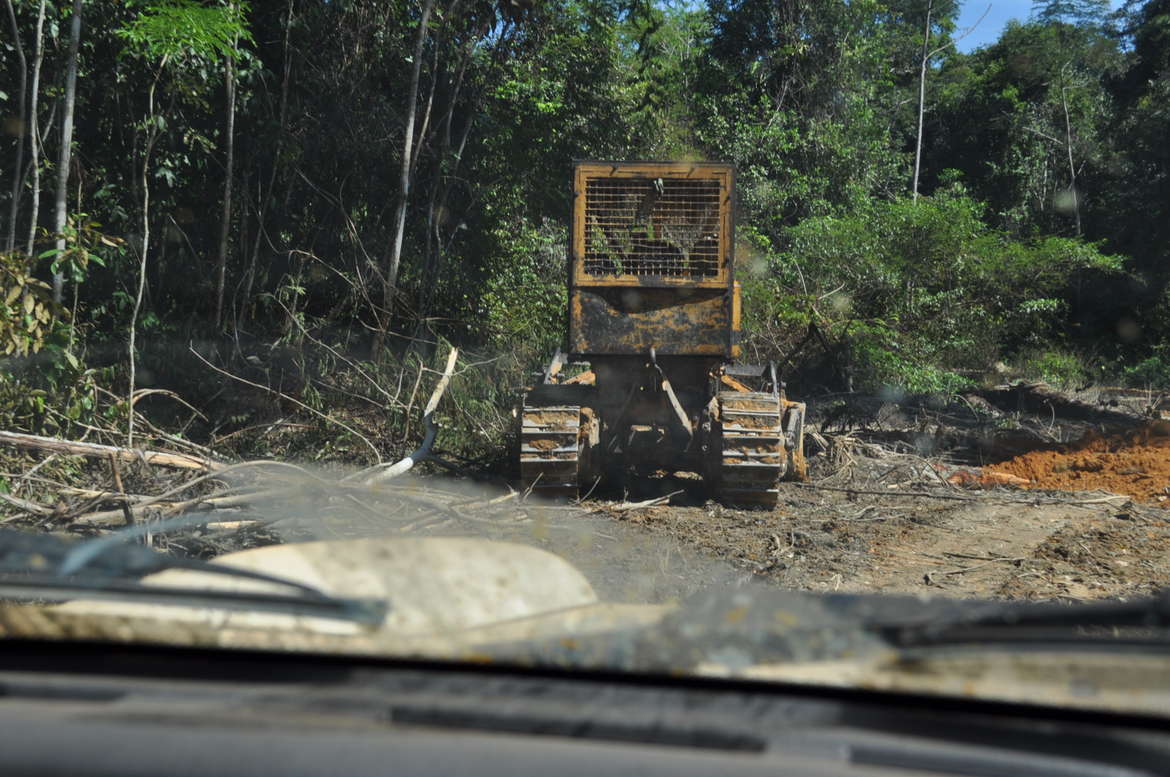
The Kawahiva territory lies within the municipality of Colniza, one of the most violent areas in Brazil. 90% of Colniza’s income is from illegal logging.
Many Kawahiva are known to have been killed by loggers and ranchers in recent decades. Others have died from diseases the outsiders have brought in. Those that survive are the last of the Kawahiva.
In August 2022 Brazil’s Supreme Court gave FUNAI (the Indigenous Affairs Agency) 60 days to finalize a plan for the definitive demarcation of the territory, but there has been no progress.
Jair Candor, the renowned FUNAI official in charge of protecting the territory from invasions, has said: “The only way to ensure their survival is to map out the land and have in place a permanent land protection team. Otherwise, the Kawahiva will be relegated to the history books, like so many other Indigenous peoples of this region."
Eliane Xunakalo, President of the local Indigenous organization FEPOIMT, has said: “It’s vital that the demarcation of this territory is resumed. Our uncontacted relatives’ security can only be guaranteed if the territory is demarcated.”
Caroline Pearce, Survival International’s Director, said today: “It’s now more than a year since President Lula took office, and the Kawahiva land protection process appears to be frozen – despite the fact that they live in one of the most violent areas of the country. Lula’s team are fully aware that the Kawahiva won’t survive unless their land is completely protected. We know that countless Kawahiva have been killed in previous massacres, and that the forest around them is being cleared at an astonishing rate.
“President Lula’s commitment to Indigenous rights will mean little if peoples like the Kawahiva, who teeter on the brink of extinction, are left to the mercies of heavily-armed logging and ranching gangs who make no secret of their desire to take over the Kawahiva’s territory.”
Note to Editors:
The territory concerned is known as the Kawahiva of the Rio Pardo. Other, related, peoples, live in other territories nearby.
A new campaign video has been launched by Survival with Indigenous organizations and other allies.
